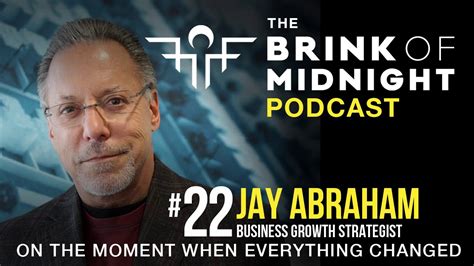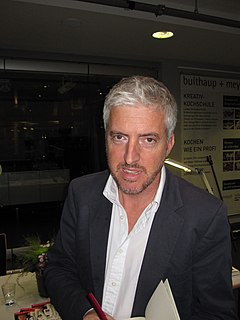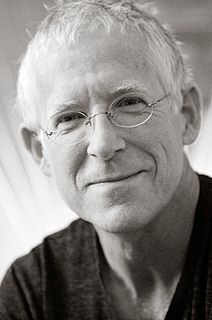A Quote by Gretchen Rubin
It's so easy to use tired, shopworn figures of speech. I love using long, fancy words but have learned - mostly from writing my biography of Winston Churchill - that short, strong words work better. I am ever-vigilant against the passive and against jargon, both of which are so insidious.
Related Quotes
He should have known better because, early in his learnings under his brother Mahmoud, he had discovered that long human words (the longer the better) were easy, unmistakable, and rarely changed their meanings, but short words were slippery, unpredictable changing their meanings without any pattern. Or so he seemed to grok. Short human words were never like a short Martian word - such as grok which forever meant exactly the same thing. Short human words were like trying to lift water with a knife. And this had been a very short word.
Make your copy straightforward to read, understand and use. Use easy words; those that are used for everyday speech. Use phrases that are not too imprecise and very understandable. Do not be too stuffy; remove pompous words and substitute them with plain words. Minimize complicated gimmicks and constructions. If you can't give the data directly and briefly, you must consider writing the copy again.
Never use a metaphor, simile, or other figure of speech which you are used to seeing in print. Never use a long word where a short one will do. If it is possible to cut a word out always cut it out. Never use the passive voice where you can use the active. Never use a foreign phrase a scientific word or a jargon word if you can think of an everyday English equivalent. Break any of these rules sooner than say anything outright barbarous.
I go through the text making sure I haven't used any big words. If I find any fancy adjectives have crept in, I replace them with small words like 'nice' and 'big'. I've liked these words ever since I was told not to use them in English class at school. After that, I check that the sentences are short so as people won't get confused and I shorten all the chapters so they won't get bored. I can't read anything complicated these days, my attention span is too short. Everyone else probably feels the same.
There are some words I find impossibly difficult ... 'Love,' 'feeling' and especially 'happiness' are at the head of the list. This is not because I haven't experienced any of them but because whenever I think about using the words I don't really know what anyone means by them. I'd find it easier to sit down and write a book about each (coming, obviously, to no conclusion) than to use them casually in speech or writing.
I love you," she whispered. Richard pulled her tight against him. His fingers traced a trail down the bumps of her spine. "I feel so frustrated that there aren't any better words than "I love you,"" he said. "It doesn't seem enough for the way I feel about you. I'm sorry there aren't any better words to tell you." "They are words enough for me." "Then, I love you, Kahlan. A thousand times, a million times, I love you. Forever.
The great news is that God knows everything about you, both good and bad, and He still loves you and values you unconditionally. God does not always approve of our behavior. He is not pleased when we go against his will, and when we do, we always suffer the consequences and have to work with Him to correct our thoughts, words, actions, or attitudes. And while you should work to improve in the areas where you fall short, nothing you do will ever cause God to love you less…or more. His love is a constant you can depend on.
A writer is a person who cares what words mean, what they say, how they say it. Writers know words are their way towards truth and freedom, and so they use them with care, with thought, with fear, with delight. By using words well they strengthen their souls. Story-tellers and poets spend their lives learning that skill and art of using words well. And their words make the souls of their readers stronger, brighter, deeper.

































